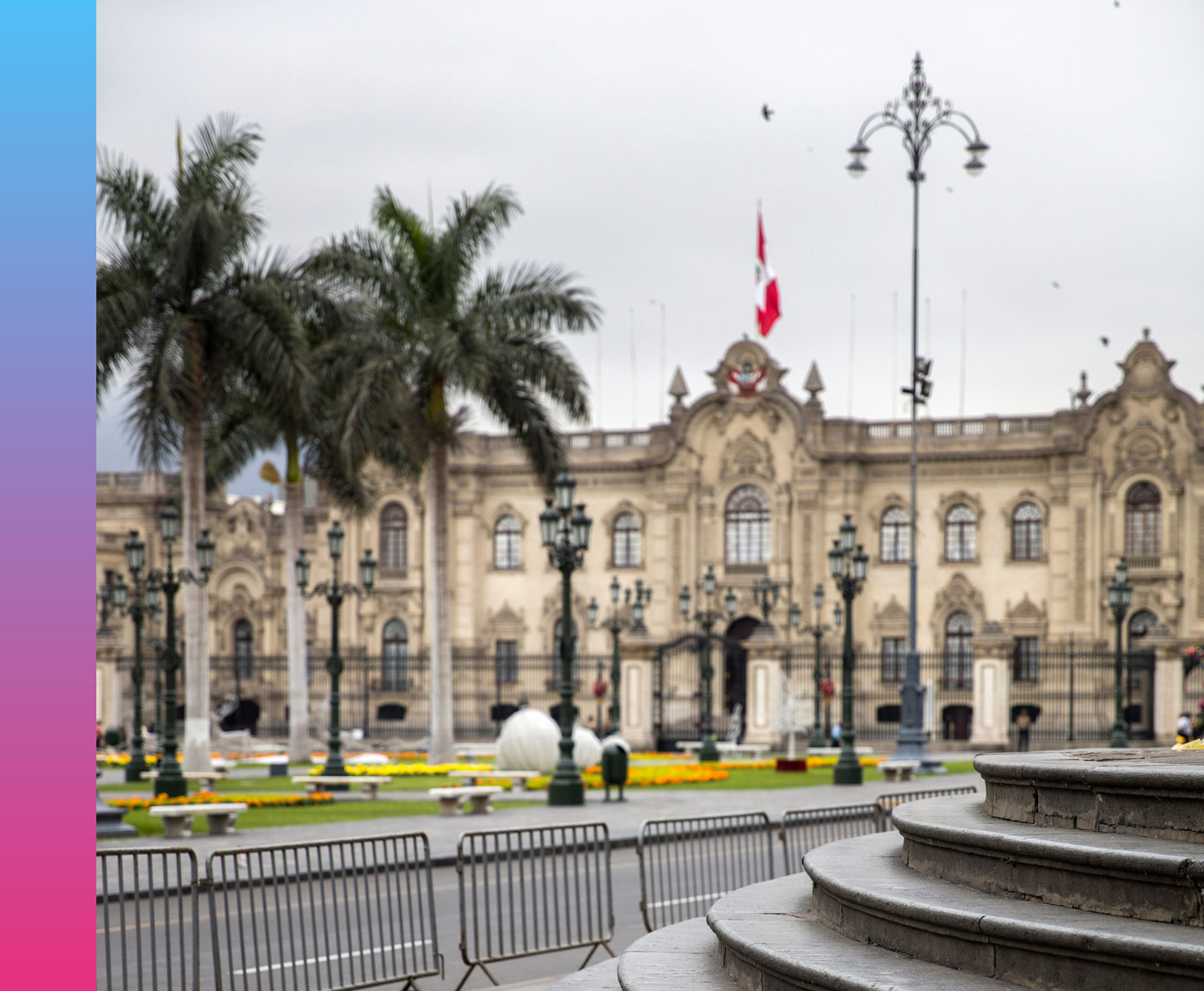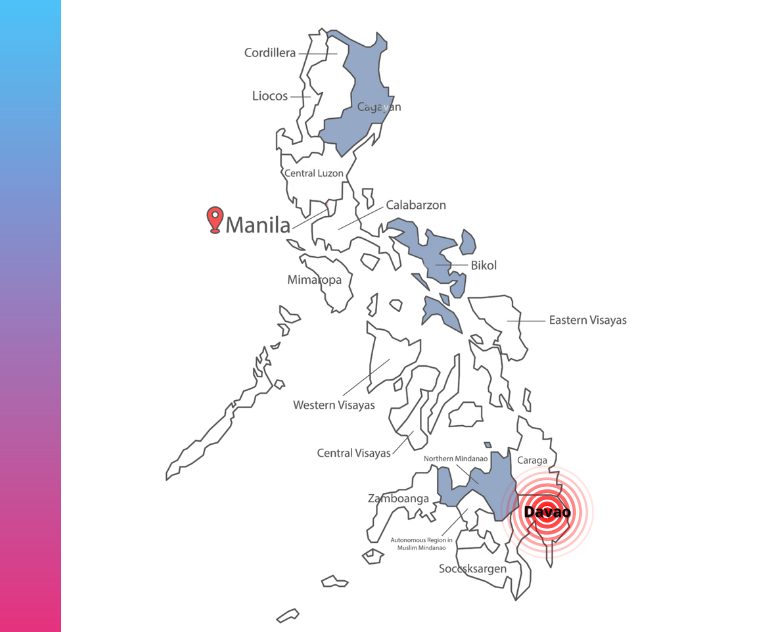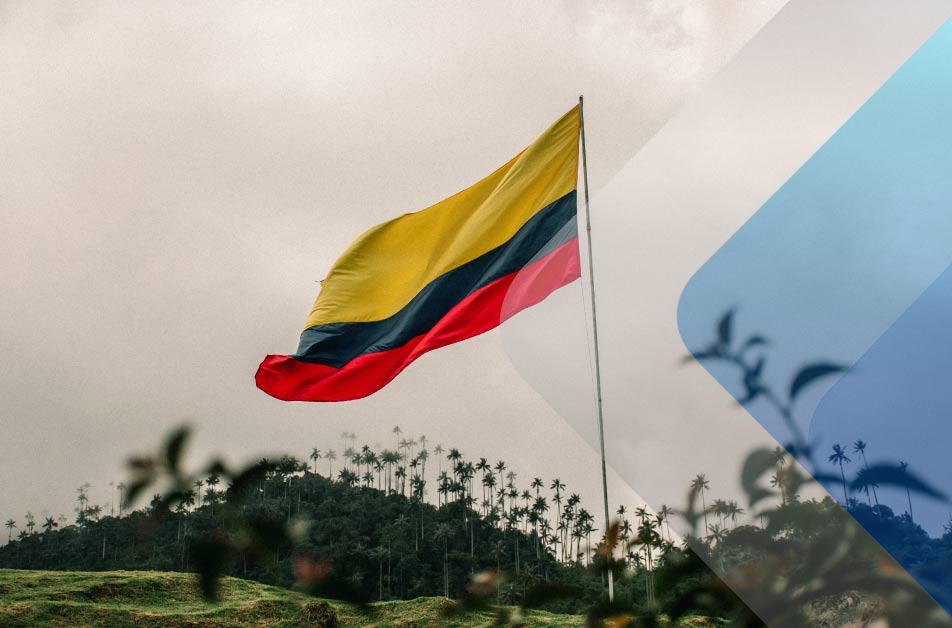Table of Contents
Tariffs, once used primarily as tools for protecting local industries, are now powerful levers that influence everything from pricing and production to hiring and expansion strategies across borders.
But how do tariffs affect the global economy? Well, with the example of the U.S.–China trade war and a renewed surge in global tariffs, companies are feeling the pressure, especially when operating in or expanding into emerging markets like Latin America.
In this article, we explore how tariffs reshape global economic flows and what these changes mean for international teams navigating uncertain terrain.
Understanding tariffs and their global reach
A tariff is a tax imposed by one country on goods and services imported from another. Tariffs are typically designed to protect domestic industries by making imported goods more expensive, thus encouraging consumers and businesses to buy locally.
However, the global economy is deeply intertwined, and these policies often create ripple effects that extend far beyond the initial intent.
Since 2018, the trade war between the U.S. and China has brought tariffs back into the spotlight. Billions of dollars in goods have been subjected to new tariffs, creating supply chain disruptions and cost increases for companies operating between the two superpowers.
While tariffs directly affect physical goods, they also shape strategic decisions around investment, expansion, and human capital, particularly in emerging markets like Latin America.
The economic impact of tariffs
Tariffs are strategic levers that impact nearly every layer of the global economy. Below are the main ways they influence international markets and business operations:
1) Increased consumer prices
When imported goods become more expensive due to tariffs, those higher costs are usually passed along the supply chain. As a result, households pay more for everyday items, from electronics to food.
2) Disruption of supply chains
Raw materials from one country are processed in another, assembled in a third, and sold globally. Tariffs can make key inputs more expensive or inaccessible. Companies are then forced to rethink production strategies, relocate operations, or seek alternative suppliers.
3) Shifts in global trade routes
Countries and companies often pivot toward alternative markets that offer lower trade barriers. Over time, these shifts can realign international alliances and trade partnerships.
4) Impact on employment
Tariffs are often justified as a way to protect domestic jobs, but industries that rely on imported components may shift recruitment due to rising costs, and export-dependent sectors may shrink if foreign markets impose retaliatory tariffs.
5) Slower global economic growth
Widespread tariffs reduce the volume of global trade. When countries trade less, they also produce, invest, and can possibly grow less.
How do tariffs affect the global economy: the China vs. USA case in Latin America
In the first semester of 2025, the government of the USA announced a series of new tariffs, which have been reshaping international trade dynamics. What started with tariffs on Canada, Mexico, and China evolved to include reciprocal tariffs on countries across the world.
Now that nearly all countries face at least a 10% tariff, it’s become clear that trade with the USA at the moment should be under the country’s own terms, making up a vulnerable situation for a lot of regions, including Latin America.
The long-term relationship between the USA and LatAm is turning more unstable, as new rules don’t favor closer economic relations. This has pushep countries like Brazil and Colombia to seek closer ties with China.
Evidently, China’s strategic growth in trade, investment, and culture in Latin America comes in a time of political and economic uncertainty with the US markets. Now, impacted by the recent US tariffs, particularly in the agricultural sector, trade volume between China and Latin America has increased.
To seize this major opportunity, Chinese companies are heavily invested in the region’s energy, infrastructure, and even space industries. In fact, China has now surpassed the United States as South America’s largest trading partner.
Turn trade tensions into opportunities
For global companies, the uncertainty created by shifting trade policies and economic tensions, like those between the U.S. and China, can make international expansion feel risky, particularly in dynamic regions such as Latin America.
One way to overcome these challenges is by partnering with Employer of Record (EOR) providers that offer deep regional expertise. EOR services help companies expand quickly and compliantly, without the need for setting up legal entities.
With on-the-ground knowledge in Latin America and beyond, experienced EOR partners can navigate local labor laws, streamline cross-border hiring, and provide guidance tailored to the evolving global trade landscape.
In an era of rising tariffs and shifting alliances, aligning with the right global partner can make all the difference for international teams looking to stay agile, compliant, and competitive.





























